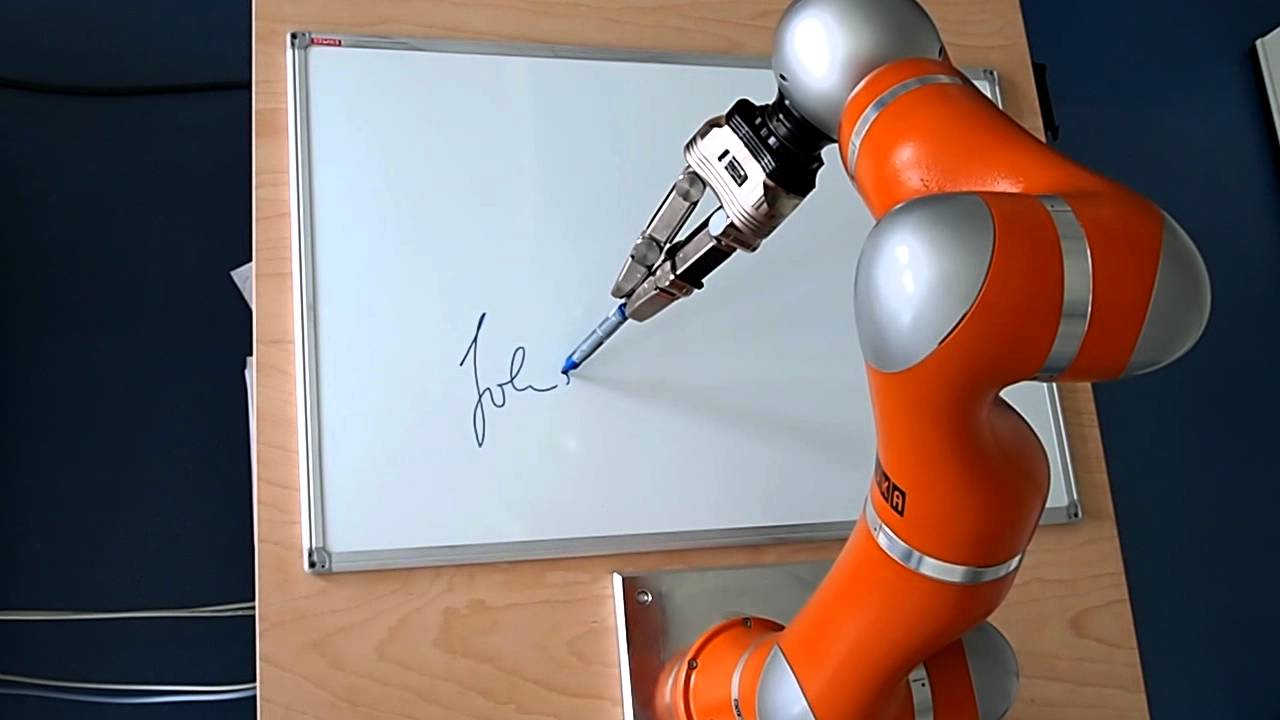Queues are an integral part of a hospital: getting into a car park, waiting to see the clinician, collecting medication at the hospital pharmacy, making appointments, and finally getting out of the hospital car park. But my recent experience of attending a hospital started me wondering if there was a better way.
When trying to book an appointment to see an Audiologist at our local hospital to carry out some routine maintenance on an elderly parent’s hearing aid we were firmly told that it would be better to attend a “drop in” at the the Audiology Department. So we “dropped in” at 9:30 am on a Monday morning and found that there were six people ahead of us. Settling down to read the papers, magazines, drinking a few glasses of water, then after reading the posters on the wall I decided to join the queue for the receptionist to ask where we were in the queue. After about ten minutes I got to ask my question and there were two people ahead of us, this was after two hours! After going for a walk around the hospital I came back to find that we were still waiting. So I joined the queue for the receptionist to find out that there were still two people ahead of us. By now our elderly parents were getting agitated to the point of feeling ill and therefore we cancelled our position in the queue and returned home to try and book an appointment for sometime in the future.
What was frustrating was not waiting in the queue, queues are a way of life, but that there were other parts of the NHS that we have used that were very good at managing queues and therefore why hadn’t our hospital adopted any of their approaches. I then remembered a technique that I have used when trying to solve engineering, organisational and business problems called ASK-LEARN-SHARE. The technique is applied in three stages:
- When a problem arises, the first step is to ASK: is this a new problem or have others encountered it? What information is available? What needs to be learned to handle the problem? Who can help?
- What can be learned from the experience of others? How does the new situation compare and contrast? what do we LEARN from our own approach to solving the problem?
- How and when can we SHARE our experience and learning with others?
There can be two problems with a hearing aids: maintenance e.g. replacing batteries, tubes and other components and the device is broken or not working properly. In the first case of maintenance using the ASK stage resulted in a few searches on the web and found that a number of other hospitals made information available on how to replace hearing aid parts, for example Retubing the earmold from Leicester, Manchester and a video from Notingham University Hospitals. Included in the information are aspects of LEARN by showing, usually in a step-by-step format, how the parts can be replaced. Making the information available they have SHARED. Further searches on the web found suppliers for tubing and other parts for hearing aids and therefore it could be possible to carry out the maintenance of the equipment at home which would save both the NHS and patients time and effort. Of course people may not feel confident at carrying out their own maintenance but when the hearing aid is initially installed then a few minutes showing how to carry out the maintenance work to the patient, or their carer may help.
The second case of the hearing aid being broken or not working properly requires an expert and therefore attending the Audiology Department in a hospital. Yet again starting with ASK, or in my case searching on the web and based on my own experience of queuing of other services, there are many queue management systems available. Also within the NHS, there are many good examples: the Patient Access system which is used by our local GP is very good when booking an appointment when it is not an emergency. Or a better system, and my favourite app, is the NHS Give Blood which is very easy to use and appointments can be changed quickly and effectively. In the hospital that we attended there were signs that they had a queuing system that used tickets and a display giving information about the patients position in the queue but it was switched off which resulted in a queue to see the receptionist! Of course while in a queue an emergency case may need to jump ahead but feedback to the rest of the waiting people would be received with understanding and therefore reduce levels of frustration. There are many display systems in the NHS that can manage queues that include emergency cases. The NHS is full of different types of queues and the problems in managing them therefore there is a lot to LEARN, and they could be the leading experts in queue management which they could SHARE across the NHS and other organisations.
Hearing loss within the population is expected to increase by 20% by 2035 therefore there will be increasing demand for maintenance and repair of hearing aids. Using the technique of ASK-LEARN-SHARE to improve the support of these devices either by carrying the work out at home or more effective hospital attendance could reduce time and effort for both the NHS and patients.
As for our particular situation we will be exploring the possibility of carrying out our maintenance work at home or if we have to attend the hospital then we will be booking an appointment. In the meantime I will be day dreaming of a time when at the press of a few buttons on my smart phone we can join a queue and our problems can be resolved quickly.





